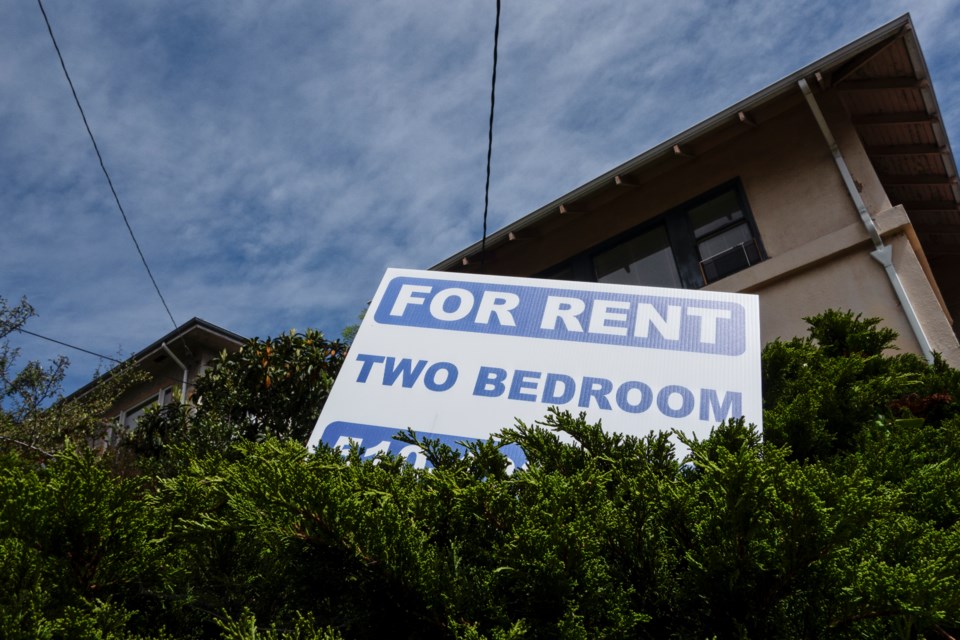City council Tuesday night tabled a proposed ordinance that would temporarily block property owners from charging additional fees to tenants who are late with their rental payments because of a COVID-19 hardship.
A vast majority of property owners, meanwhile, said they would not evict a tenant based solely on unpaid late fees, according to a survey of landlords conducted by the city. The survey was used to gauge the impacts of the proposed ordinance. A majority of landlords also indicated the late fee moratorium could force them to demand two months’ rent in advance, making it tougher for tenants to get housing.
Council agreed to delay a vote until at least early next year. Council members sided with city staff members who said a local ordinance might not be needed since Gov. Jared Polis on Oct. 15 issued an executive order that suspended the assessment of late fees for renters until Dec. 31.
“It sounds like the governor’s order accomplished what the city council wanted to do with its local ordinance,” Karen Roney, the city’s Community Development director, told council.
Longmont’s proposed ordinance mirrors a similar measure passed earlier this year by Broomfield.
Councilmember Polly Christensen lobbied for the local ordinance, saying tenants needed to be protected from eviction if they could not pay their rent because of sickness or unemployment brought on by COVID-19.
Mayor Brian Bagley opposed the proposal, saying local governments should not interfere with landlords who also are struggling during the pandemic and need rental income to pay mortgages.
A city staff report to council included the results of the survey sent to the city’s Landlord Training Alliance. The city received 133 responses.
Key findings of the survey were:
- COVID has affected 43% of housing providers.
- Nearly 45% of providers report charging late fees to tenants.
- Of those that do charge late fees, more than 95% would not move forward with the eviction proceedings based solely on unpaid late fees.
- 56% of providers view late fees as unpaid rent.
- A moratorium on charging late fees would compel 67% of housing providers to change their business practices — asking for a larger security deposit or two month’s rent upfront — potentially making it more difficult for tenants to obtain housing.



